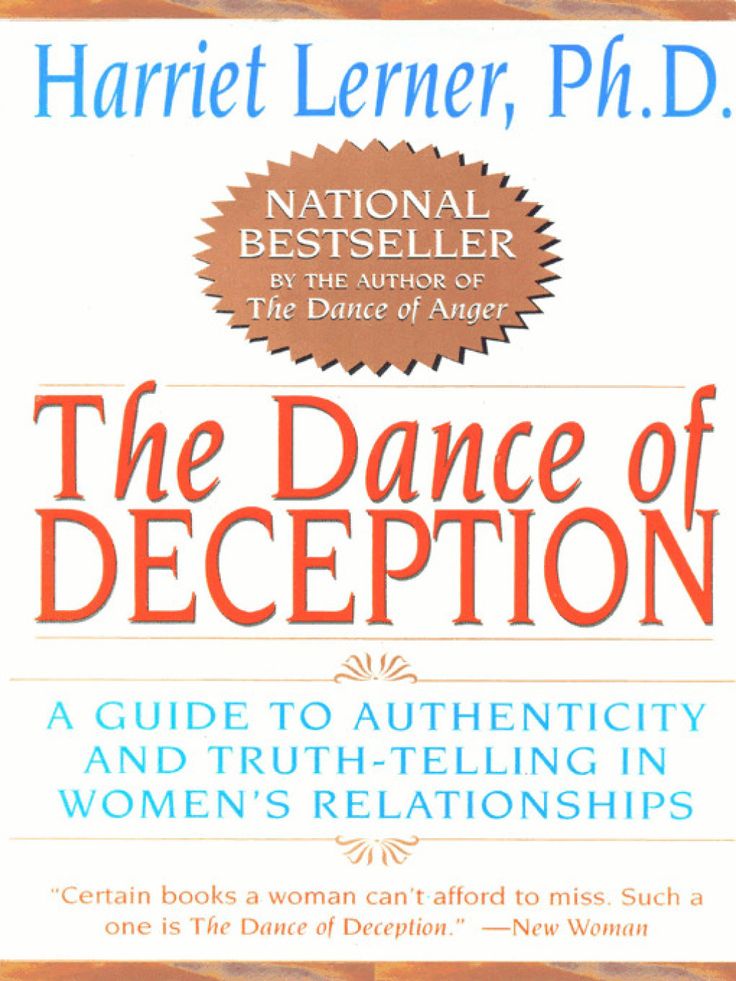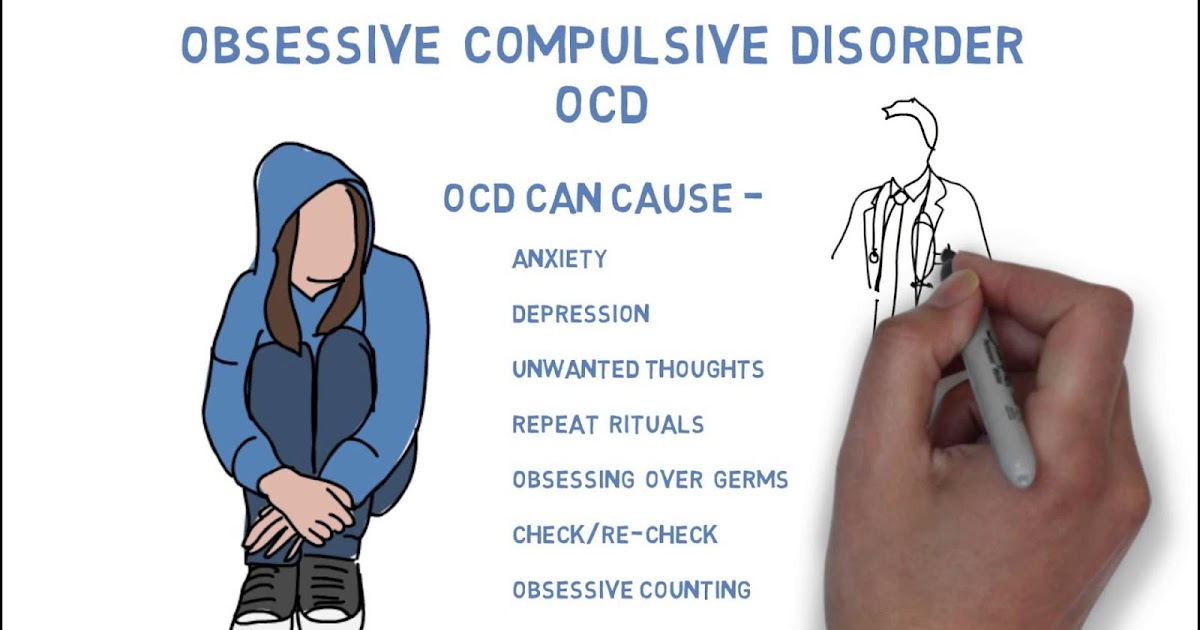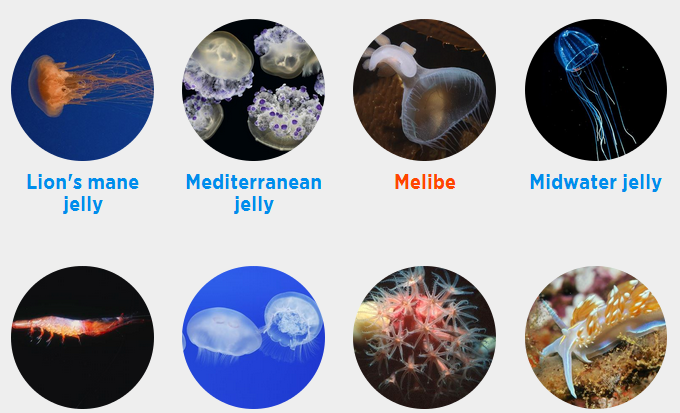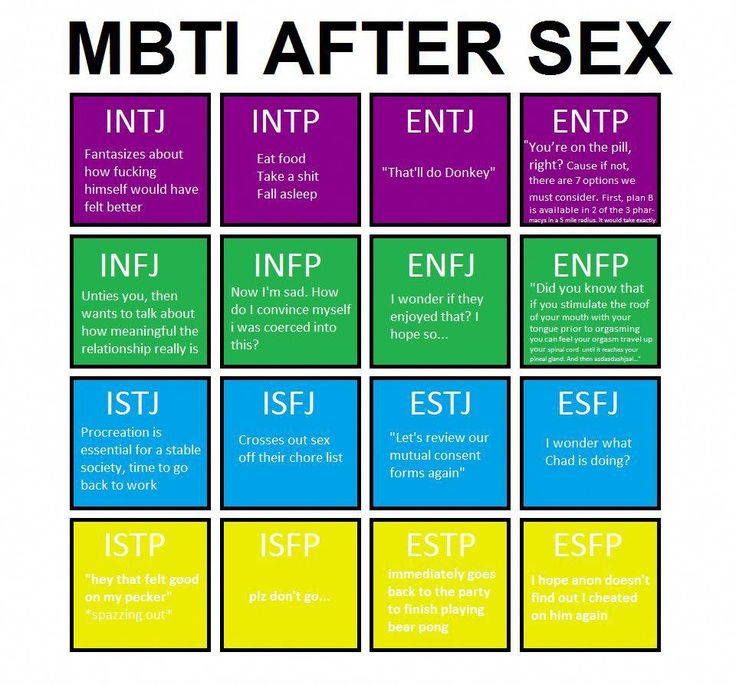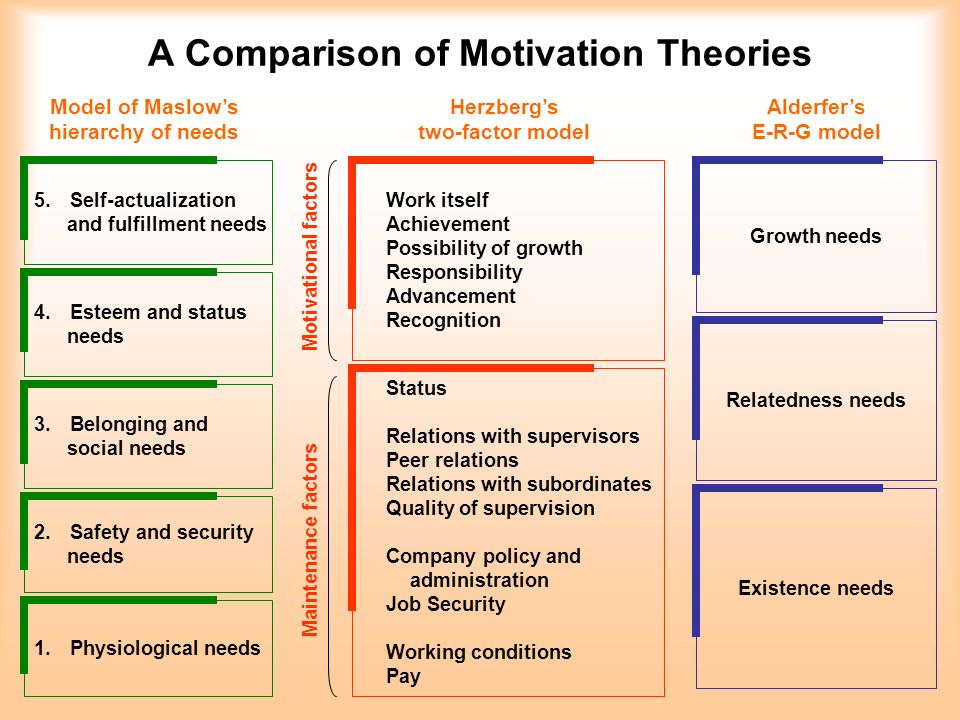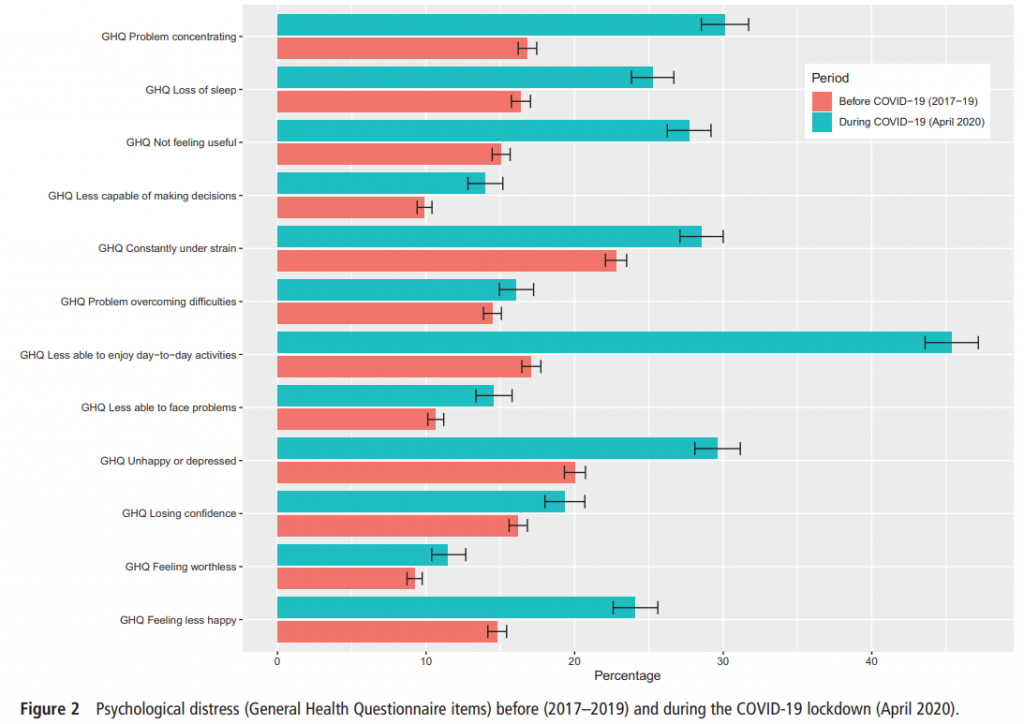Do people with autism get married
Do Autistic People Get Married? Autism & Relationships
Can Autistic People Get Married?
Autistic people are more than capable of forming long-term relationships and getting married, no less than people with no behavioral disabilities.
However, this question has become popular, as more of the population has been diagnosed with autism than in previous years. What is the cause of this?
First, psychologists have begun to lower the threshold for what is classified as an autistic spectrum disorder. Several decades ago, the majority of people that did receive a diagnosis were those with severe to extreme behavioral conditions.
People with mild autism were often ignored or were written off as having another disorder entirely, like anxiety.
As time went on, psychologists' understanding of autism increased, and with it, more patients were being diagnosed.
The population of those with ASD never went up by an exponential amount, but the percentage of young people diagnosed did. With this has come a deeper understanding and awareness of autism, so naturally, others that want to know more about it have begun to ponder questions about their autism in general, and how they go about life, love, and relationships.
Marriage is a partnership between two individuals that share finances, receive marital benefits, and cohabit with one another for an indefinite period, assuming no divorce occurs.
It requires a large amount of responsibility for both parties, many sacrifices, and financial security for future children.
Each one of these responsibilities mandates a level of social awareness.
Errands as simple as going to the store and complex problems like handling taxes must be carried out with the person doing it having some intrapersonal skills. ASD spouses that are highly functioning can manage issues like this without any hiccups, yet unfortunately, not everyone with the disorder can do this.
For those that can't, some amount of assistance might be necessary for their spouse, though most of these will be trivial things such as encouraging social behavior when required, making sure they're prepared for managing issues that spontaneously spring up, and how to deal with uncomfortable positions they may find themselves in.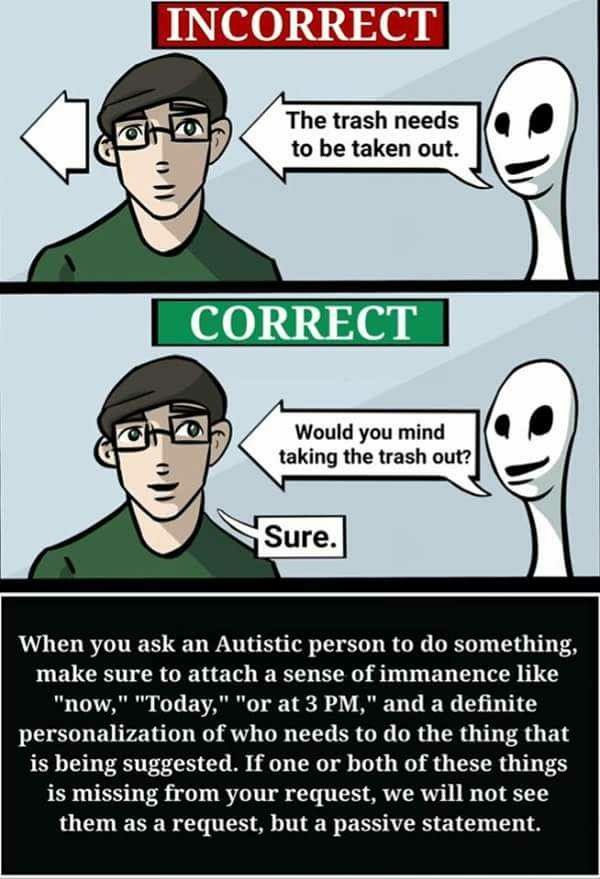
They amount to problems that husbands and wives that aren't diagnosed can have trouble dealing with on their own.
When entering adulthood, most with ASD can manage their symptoms on their own, since the disorder is most often treated when they're young. But for adults that have had limited or no treatment at all, spouses may notice mild to moderate symptoms.
When autism is suspected, even into adulthood or later on in marriage, it's highly suggested that partners encourage their husbands or wives to see a physician or psychologist.
If a diagnosis is made, the partner should consider following up with therapists specializing in Applied Behavior Analysis, the best solution to teach anyone with autism, both young and old, how to better manage symptoms as they appear.
Is It Common For People With Autism To Marry?
Although all relationships have their obstacles, it remains quite common for ASD people to get into close partnerships and even marry. It's not as impossible as some might believe it is.
It's not as impossible as some might believe it is.
Marriage rates with spouses having the disorder since it's been found in more people. Yet there remain plenty more husbands and wives that have autism without knowing so.
For most of them, their autism has no bearing on anything. When autism is discussed or shown in the media, it's sometimes portrayed in ways where people have moderate symptoms. Truth be told, the autistic populace is one is overwhelmingly mild features.
Researchers anticipate a rise in autism detections, though by a small amount. Of those will certainly be people that are engaged, married, or in a long-term relationship with somebody.
What Percentage Of Autistic People Are Married?
About 35% of autistic people are married, though such figures don't always take into account people that aren't diagnosed or have received a potential misdiagnosis.
Did you know that about 50% of all people with ASD live at home with their families or their parents? Additionally, only one out of every five isn't currently working.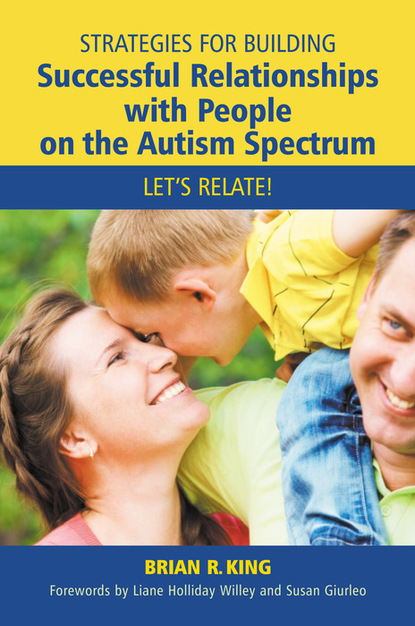 However, this shouldn't be looked at negatively.
However, this shouldn't be looked at negatively.
Someone may feel uncomfortable living alone or socializing better among people that they know, versus trying to do it while alone at home.
Furthermore, in some societies, such as Italy and other nations across the world, it's quite common that children of parents stay with them until they pass or one day become married.
Most studies show that the unemployment rate for people with autism is about 28%. That's higher than the national percentage, but it does show that workers can evolve enough to tackle employment and live independently.
Average Age To Marry On The Autism Spectrum
Most individuals with ASD get married at 20 years of age, yet this percentage could be higher. The study that accounts for the percentage pooled a limited number of men and women.
In the study, 22% of the participants were younger than 20. In other figures, marriage is most common in the mid to late 20s or even early thirties.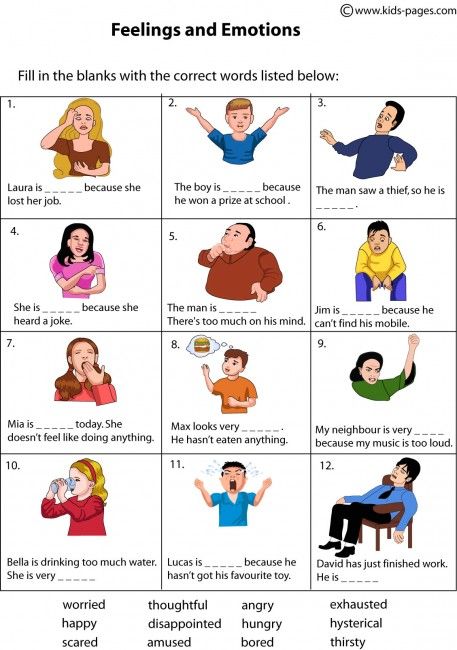 There's no indication of it factoring in those who aren't diagnosed.
There's no indication of it factoring in those who aren't diagnosed.
How Does Autism Affect Marriage?
The single greatest impact that ASD can have on a marriage between two people is problems with communication. Talking and carrying on a conversation is harder to do when someone interprets the things said differently. But this doesn't only concern verbal communication.
ASD is characterized by the inability to read body language and social cues. Although such abilities are easy for most to conduct, anyone with autism might need help in understanding things said to them in conversation, proper decorum in the company of guests, and dealing with children's needs. Autism can also impact marriage through the greater chance of couples having a baby that's autistic.
What Is The Divorce Rate For Autism?
Unfortunately, divorces between couples where one is autistic do frequently happen and number about 30%. These tend to happen before reaching 30 years old. Divorce rates have climbed among the general public, but that where autism is a factor is notable.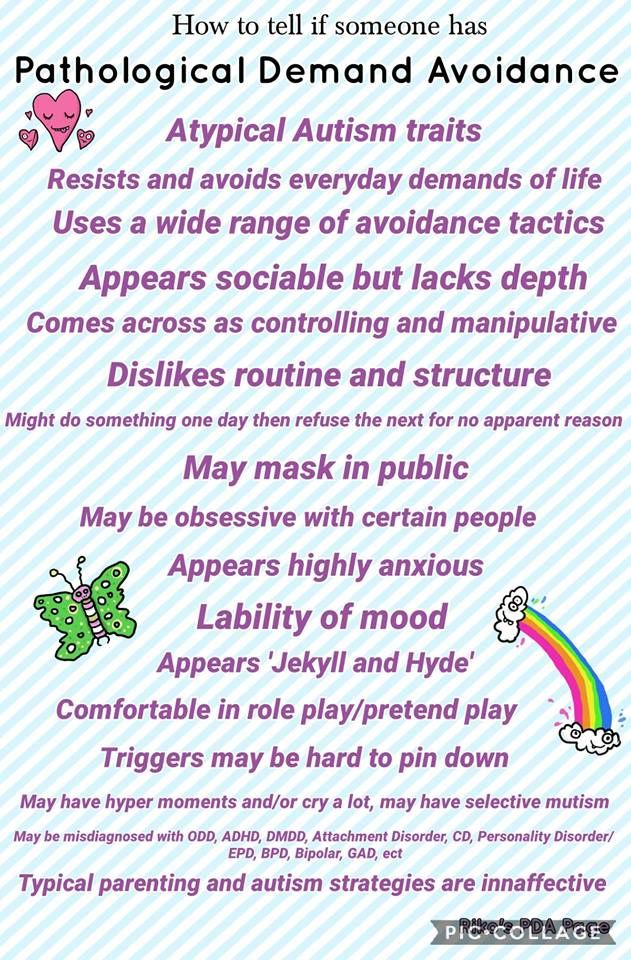
The greater rates of divorce tend to be linked to the education level of the spouse that has autism. The severity of ASD in someone is also connected to a higher chance for divorce, as is the age of both partners when children are born.
What Is It Like To Be Married To Someone On The Autism Spectrum?
Someone with autism could display problems recognizing and interpreting facial expressions and changes in one's tone and outward demeanor.
This often leads to much frustration unless the other spouse married is educated well about autism or knows what to expect. Speaking could always be a problem or even looking at people when it's expected of them too.
These are considering mild symptoms, but a high-functioning ASD spouse can get on to the level of no symptoms showing up.
Is It Hard To Be In A Relationship With Someone With Autism?
It might be hard for some at first, but through understanding and education, spouses can make it work out. Autism doesn't inherently rule out a successful, happy, and fulfilling marriage.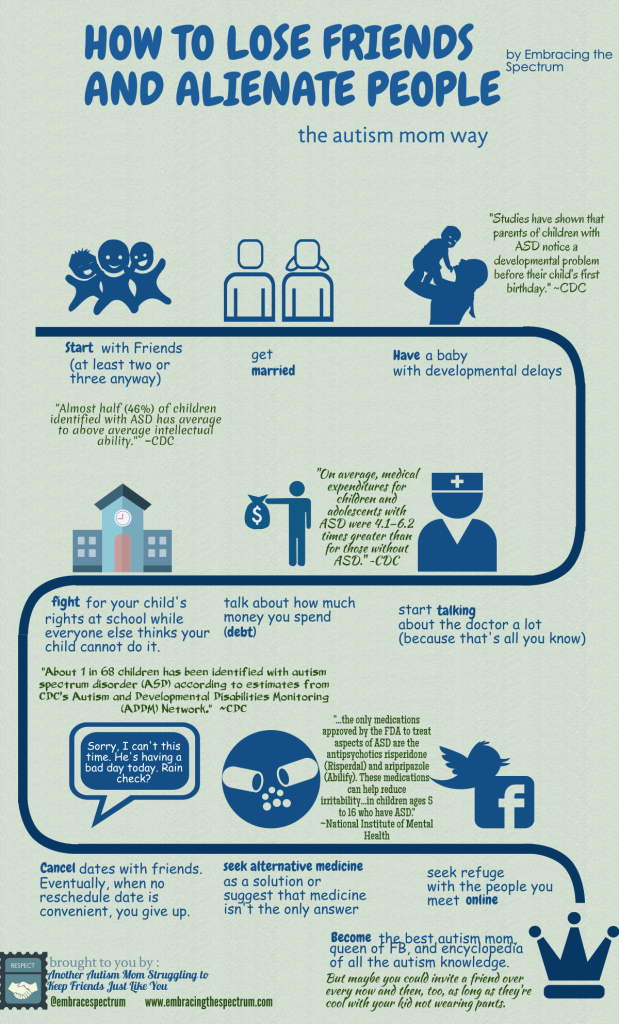
With the right amount of patients and understanding, the disorder itself could become an afterthought having nothing to do with the daily lives of married couples.
What percent of autistic people get married?
Only 5 percent have ever been married. The findings suggest that many middle-aged adults with autism have little independence.
Takedown request | View complete answer on spectrumnews.org
What percentage of people with autism are married?
In a study done by Toronto's Redpath Centre , just 32.1 percent of people with autism had had a partner and only 9 percent were married.
Takedown request | View complete answer on autismawarenesscentre.com
Can a person with autism marry?
Autism and Marriage:
A diagnosis of ASD does not need to prevent anyone from getting married. Just as in any relationship, individuals with ASD need partners who are understanding and respectful of their needs.
Just as in any relationship, individuals with ASD need partners who are understanding and respectful of their needs.
| View complete answer on manhattanpsychologygroup.com
What percentage of autistic people date?
Just 1 in 3 people on the autism spectrum have ever been on a date, and just 1 in 10 are married for three primary reasons: They have differentiated dating habits, leading them to prefer to date others on the spectrum.
Takedown request | View complete answer on uxplanet.org
What is the divorce rate for families with autism?
Approximately 36% of individuals with autism in our sample experienced a parental divorce by age 30. Higher rates of divorce were associated with maternal education, race and age at child's birth, as well as autism symptom severity and diagnosis.
Takedown request | View complete answer on medrxiv.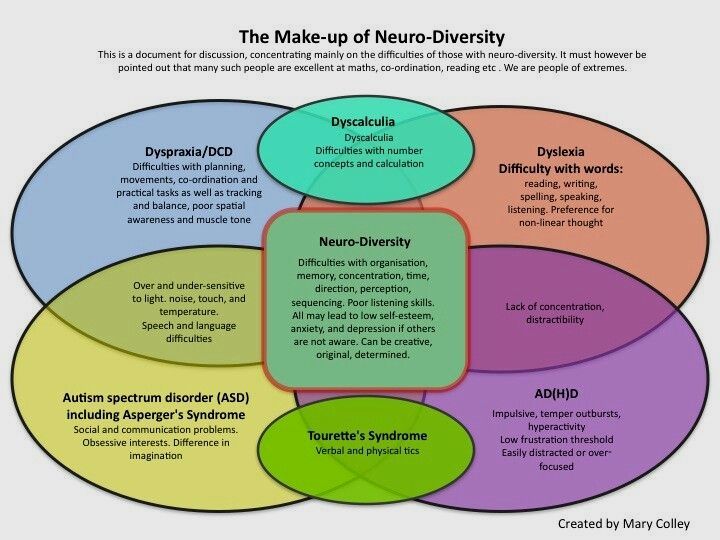 org
org
AUTISM AND MARRIAGE 💍💓 Communication, Emotion, and Meltdowns ⚠️🥺
Is it hard to be married to someone with autism?
It is a challenge for most couples to find a balance between their needs and expectations, and their partner's needs and expectations. In a relationship where one individual is on the autism spectrum, there are likely many more opportunities for misunderstandings and frustration.
Takedown request | View complete answer on iidc.indiana.edu
Which parent is more likely to pass on autism?
The team found that mothers passed only half of their structural variants on to their autistic children—a frequency that would be expected by chance alone—suggesting that variants inherited from mothers were not associated with autism.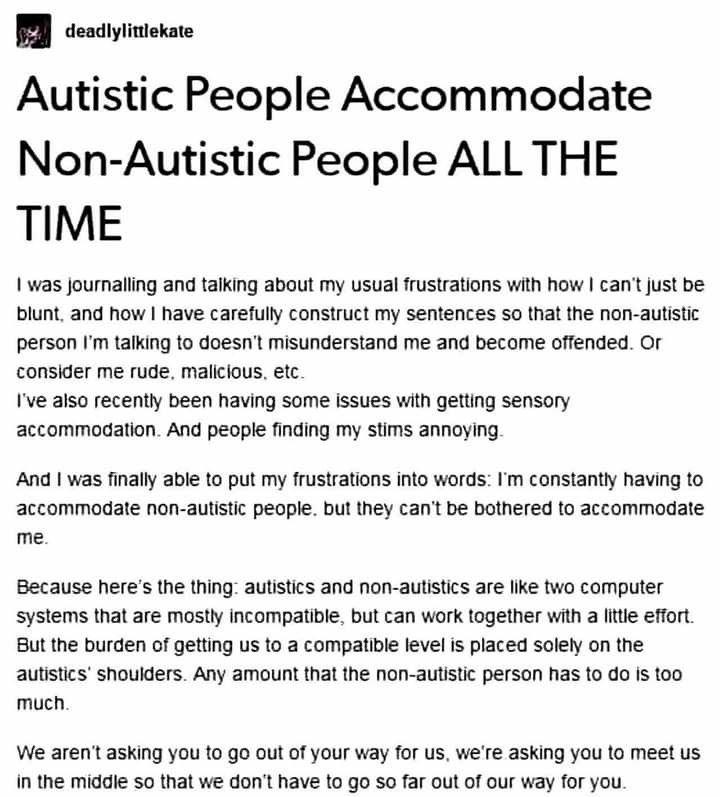 But surprisingly, fathers did pass on substantially more than 50% of their variants.
But surprisingly, fathers did pass on substantially more than 50% of their variants.
| View complete answer on science.org
Do autistic people have trouble finding love?
Many people with autism crave intimacy and love. But, they don't know how to achieve it in a romantic relationship. They can feel blind to everyday subtle social cues from their partner. This can cause conflict and hurt feelings.
Takedown request | View complete answer on opendoorstherapy.com
How long do people with autism live?
Autism itself does not affect life expectancy, however research has shown that the mortality risk among individuals with autism is twice as high as the general population, in large part due to drowning and other accidents.
Takedown request | View complete answer on nationalautismassociation.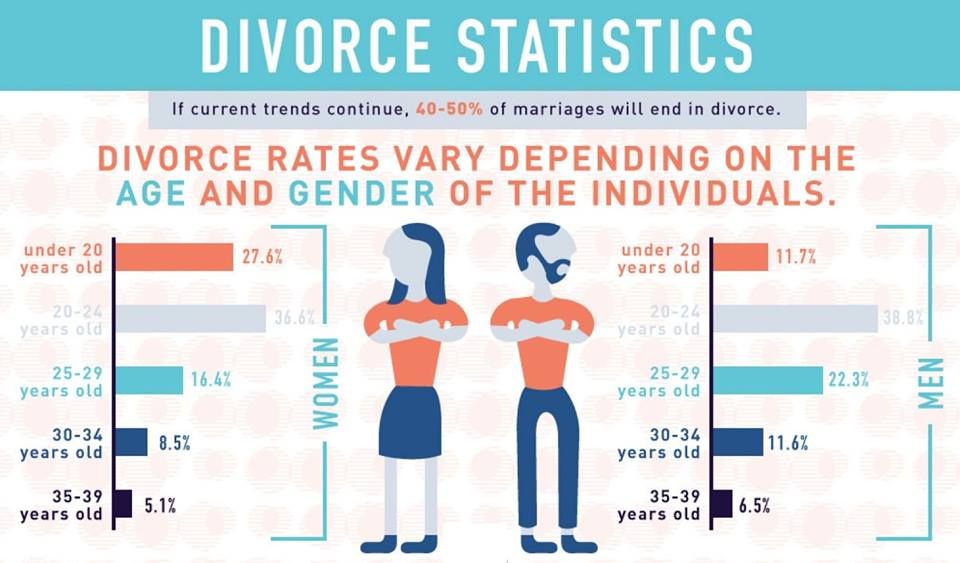 org
org
Why is it so hard to date with autism?
Because people with autism often have difficulty reading social cues, managing sensory needs, and expressing feelings, relationships that involve dating someone with autism spectrum disorder someone can be particularly challenging to navigate.
Takedown request | View complete answer on adultautismcenter.org
What it's like to marry someone with autism?
The partner with ASD might have difficulties in picking up facial cues, vocal intonations, and body language. They can often monopolize, or have difficulty initiating conversations, and keeping them flowing. Their NS partner might feel frustrated by the lack of communication and reciprocity.
Takedown request | View complete answer on psychologytoday.com
How do autistic men show love?
People with autism may show their love by:
- sharing their special interest.

- allowing someone into their space.
- using alternative forms of communication.
- giving presents.
- being close without touching.
| View complete answer on autismparentingmagazine.com
How does autism affect intimacy?
Individuals with ASD often have problems with rigidity and the need for repetition, which may limit the spontaneity and playfulness of sexual contact. Sensitivity to physical contact and inability to tolerate internal sensations created by physical intimacy may also create significant anxiety.
Takedown request | View complete answer on intechopen.com
How many autistics are in a relationship?
Relationship status
For instance, research from 2017 found that 50% of autistic participants were in relationships compared to 70% of neurotypical participants. A 2019 study also found that autistic people's relationships tend to last for shorter periods.
A 2019 study also found that autistic people's relationships tend to last for shorter periods.
| View complete answer on psychcentral.com
What percentage of autistic adults live independently?
In the U.S., 66% of young adults in their 20s live independently,2 meaning outside of the parent's home and not in a supervised living situation such as a group home. Our own analysis of young adults with autism indicated that one in five of those with autism ever lived independently since leaving high school.
Takedown request | View complete answer on drexel.edu
How does autism affect marriage?
The author of this answer has requested the removal of this content.
Takedown request | View complete answer on healthline.com
Why is autism increasing?
The global increase in autism prevalence reflects major improvements in public awareness and public health response to autism. Children are now more likely to be diagnosed earlier, and even underrepresented regions like Africa and the Middle East have been advancing their ability to measure autism prevalence.
Children are now more likely to be diagnosed earlier, and even underrepresented regions like Africa and the Middle East have been advancing their ability to measure autism prevalence.
| View complete answer on autismspeaks.org
What kind of jobs can autistic adults do?
Careers For People With Autism
- Animal science. For those who enjoy working with pets, career options include veterinary technician, groomer, obedience trainer, dog walker or pet sitter. ...
- Researcher. ...
- Accounting. ...
- Shipping and logistics. ...
- Art and design. ...
- Manufacturing. ...
- Information technology. ...
- Engineering.
| View complete answer on lexingtonservices.com
What are the benefits of having autism?
Autistic people may display a range of strengths and abilities that can be directly related to their diagnosis, including:
- Learning to read at a very early age (known as hyperlexia).

- Memorising and learning information quickly.
- Thinking and learning in a visual way.
- Logical thinking ability.
| View complete answer on altogetherautism.org.nz
Do autistic people do well in relationships?
At least in the mating domain, there is evidence that people with autistic-like traits tend to be less interested in short-term mating, and report a stronger commitment to long-term romantic relationships. Not only can autistic people make great social partners, but they can also make great romantic partners!
Takedown request | View complete answer on blogs.scientificamerican.com
Is it OK to date someone autistic?
Autism and dating can go hand in hand as long as both individuals understand the needs of each other and good intentions are maintained. Advice could be helpful from a trusted family member or friend.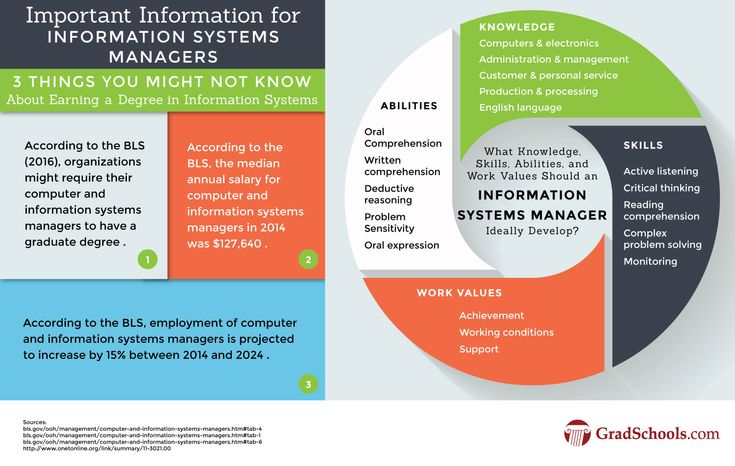 Even having a double date with a friend could help keep the focus on the date and the communication flowing.
Even having a double date with a friend could help keep the focus on the date and the communication flowing.
| View complete answer on autismparentingmagazine.com
Do autistic people desire relationships?
By nature, humans crave social support and strong relationships. Autistic people are no exception, and they're capable of connecting with others at an empathic level. Their emotions can run deep, even if they have different ways of expressing themselves.
Takedown request | View complete answer on helpguide.org
What are autistic mothers like?
Autistic mothers were more likely to feel they were not coping as parents and to feel they were unable to turn to others for support. In addition, autistic mothers may fear this negative perception in professionals, such as clinicians or social workers, leading to a fear or unwillingness to disclose their autism.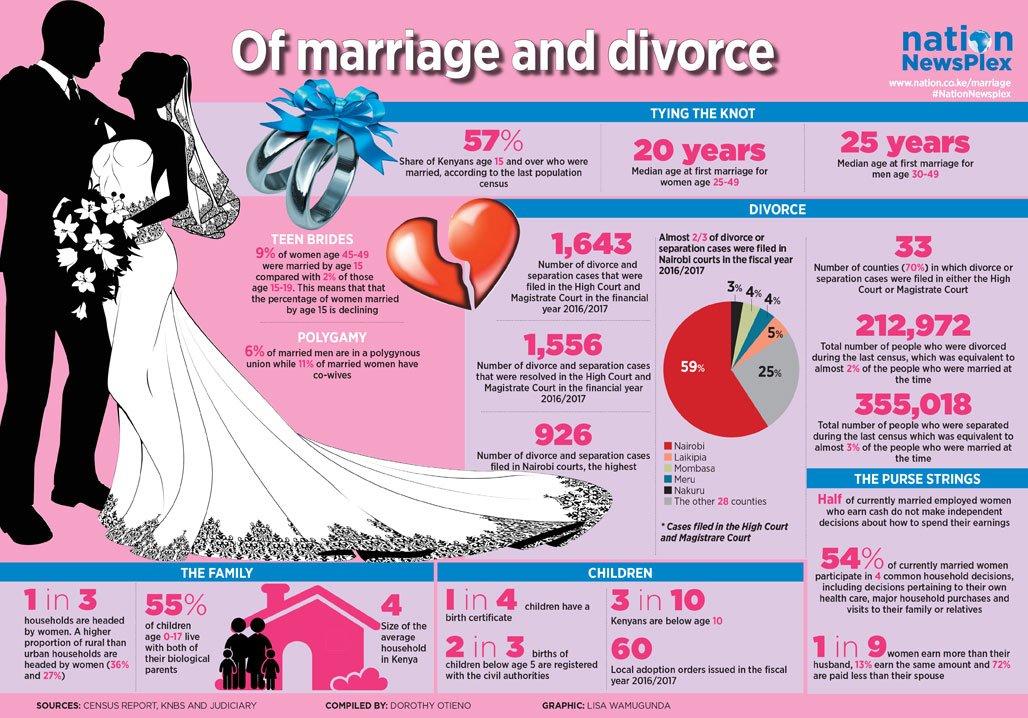
| View complete answer on molecularautism.biomedcentral.com
Does autism count as a disability?
Autism is a disability under the ADA. Some adults and children with autism can access Social Security benefits, including disability benefits and Supplemental Security Income (SSI).
Takedown request | View complete answer on mwke.com
What is a high functioning autistic?
“High-functioning autism” isn't an official medical term or diagnosis. It's an informal one some people use when they talk about people with an autism spectrum disorder who can speak, read, write, and handle basic life skills like eating and getting dressed. They can live independently.
Takedown request | View complete answer on webmd.com
← Previous question
Is Albedo Klee's dad?
Next question →
Does Moana have a dad?
How can romantic relationships develop in young people with Asperger's syndrome and high-functioning autism?
04/19/14
Clinical psychologist, specializing in Asperger syndrome, about the features of romantic and intimate relationships in adults with RAS
Author: Tony Etwood
Translation: Tamara Solomatina
9000 9000 9000 9000 9000 9000 9000 9000 9000.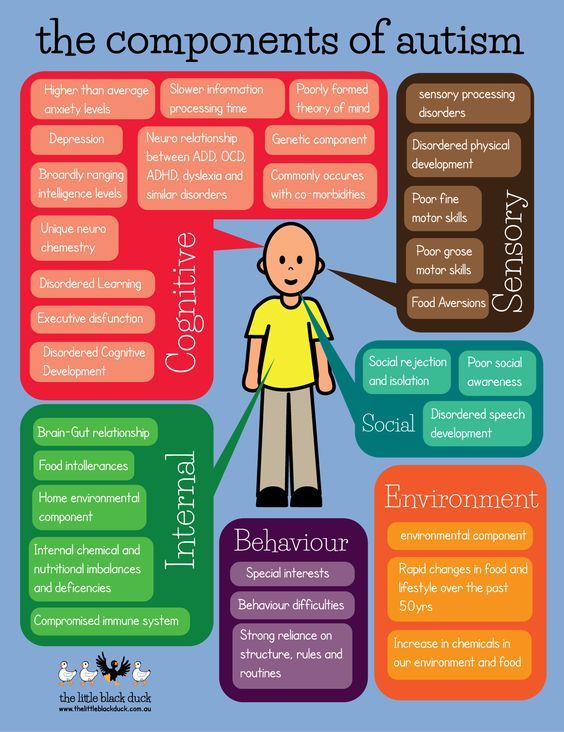 S. Autism Network
S. Autism Network
While young people with classic autism usually suffice with a solitary “hermit” lifestyle, people with Asperger's syndrome and high-functioning autism often do not. Clinical studies have shown that most of these adolescents and young adults are interested in romantic relationships. However, very little research addresses this aspect of autism spectrum disorders or strategies for successfully developing these relationships.
We know that young people with Asperger's have significant difficulty developing relationships with peers and understanding what the other person may be thinking or feeling. Ordinary children learn this naturally and practice the skills to develop relationships with family members and friends long before they use these abilities to successfully develop romantic relationships. Young people diagnosed with Asperger's and high-functioning autism have limited communication skills and may find it difficult to express emotions, especially affection.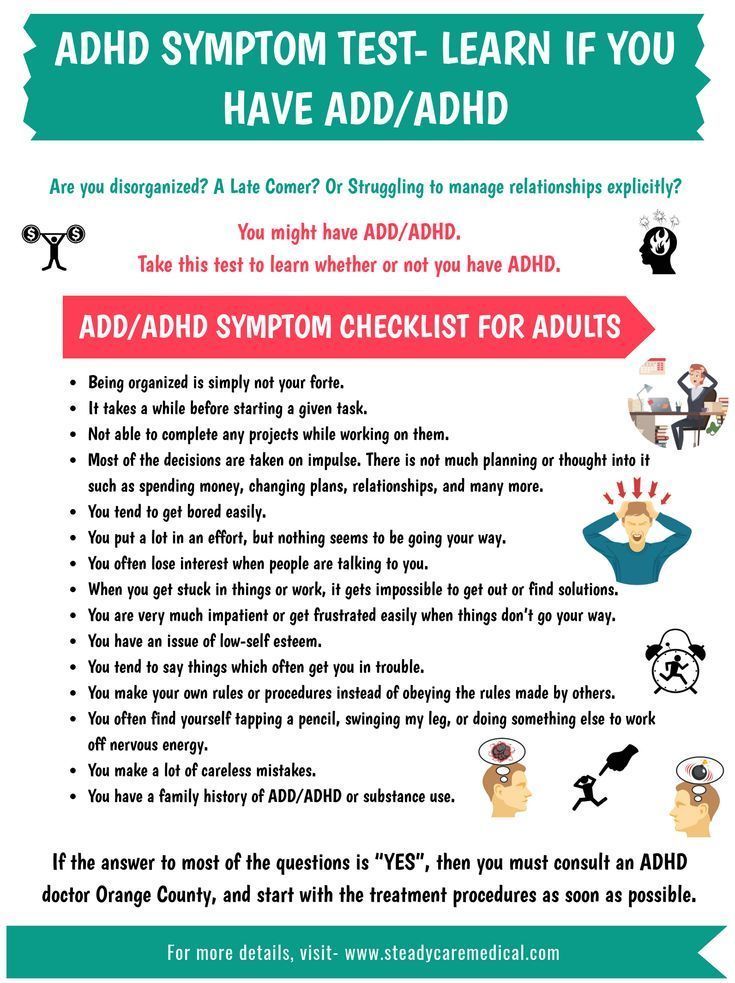 They may also have very high sensitivity to certain sensory experiences. All of these diagnostic characteristics affect relationship-forming skills as the child grows and will ultimately reduce the adult's chances of a successful long-term relationship.
They may also have very high sensitivity to certain sensory experiences. All of these diagnostic characteristics affect relationship-forming skills as the child grows and will ultimately reduce the adult's chances of a successful long-term relationship.
Love and affection
People with autism spectrum disorders have difficulty understanding and expressing emotions, and the most difficult emotion for such people is love. Ordinary children and adults often express their affection with pleasure, know how to express it to exchange mutual feelings of affection and love, and know how to support someone through the expression of affection. A child or adult with autism may not need the same depth and frequency of expressions of love through actions, or may not realize that the situation requires them to display their affection in a way that would please the other person. He or she may be annoyed by how "obsessed" other people are with expressing love for each other.
Some autistics may be obviously immature in their expressions of affection and sometimes perceive them as a negative experience.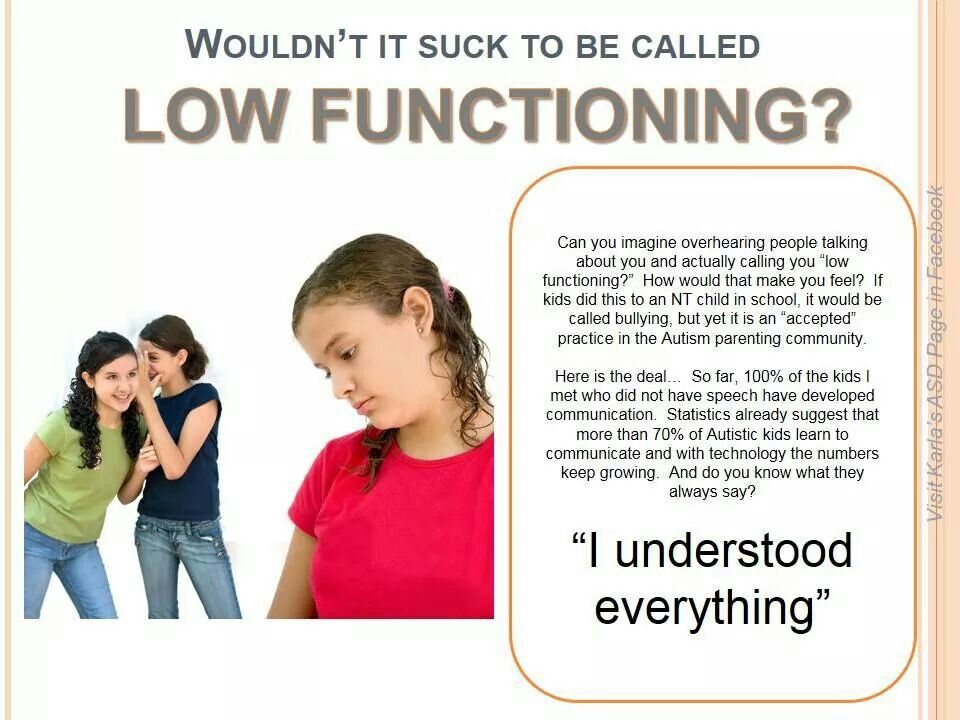 For example, a hug may feel uncomfortable and limit movement. A person may become embarrassed or overwhelmed when expected to express and accept fairly moderate expressions of love. I recently developed a cognitive behavioral therapy program for children and adolescents with Asperger's Syndrome that teaches them about the emotion of love and how to express that you love or feel sympathy for someone. The program will soon be evaluated in a study conducted by the University of Queensland in Australia.
For example, a hug may feel uncomfortable and limit movement. A person may become embarrassed or overwhelmed when expected to express and accept fairly moderate expressions of love. I recently developed a cognitive behavioral therapy program for children and adolescents with Asperger's Syndrome that teaches them about the emotion of love and how to express that you love or feel sympathy for someone. The program will soon be evaluated in a study conducted by the University of Queensland in Australia.
Special interests
One of the diagnostic characteristics of Asperger's syndrome is the development of a special interest that is unusual in its object and significance. For adolescents and young adults, the target is sometimes a person, which can be interpreted as a typical teenage crush, but the degree of interest and associated behavior often lead to accusations of stalking and harassment. The propensity to develop a special interest can also influence the emergence of relationship knowledge in other ways.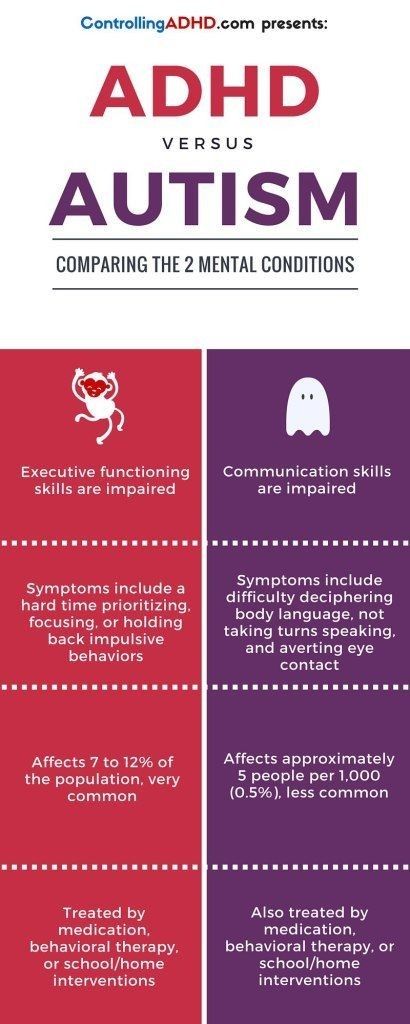 Special interests help people with Asperger's in many ways, including acquiring the knowledge to understand the annoying aspects of their life experiences. Adolescents with Asperger's Syndrome often seek to understand and experience in terms of communication and relationships, including romantic and sexual ones, the same as their peers, but they may have problems with sources of information about relationships and sexuality.
Special interests help people with Asperger's in many ways, including acquiring the knowledge to understand the annoying aspects of their life experiences. Adolescents with Asperger's Syndrome often seek to understand and experience in terms of communication and relationships, including romantic and sexual ones, the same as their peers, but they may have problems with sources of information about relationships and sexuality.
A teenager with Asperger's syndrome has few or no friends with whom to discuss topics such as romantic or sexual feelings and sexual behavior. Unfortunately, the only source of information for teens with Asperger's can be either porn movies for boys or soap operas for girls. A person with Asperger's Syndrome may decide that the actions shown in pornographic material can serve as a "script" of what to say or do on a date, but this misunderstanding can lead to allegations of harassment. Such allegations are more often related to inappropriate behavior than to violent or aggressive acts of a sexual nature.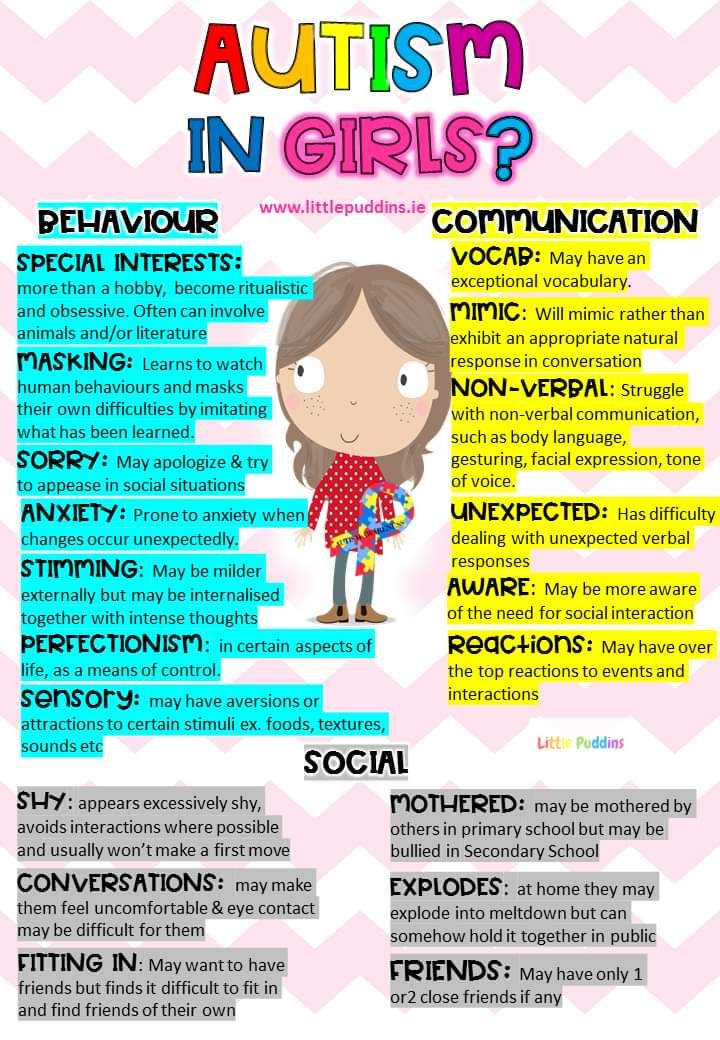 Girls with Asperger's Syndrome may use movies and TV shows as a source of knowledge about relationships and fail to recognize that TV shows do not accurately reflect the beginning and development of relationships in real life.
Girls with Asperger's Syndrome may use movies and TV shows as a source of knowledge about relationships and fail to recognize that TV shows do not accurately reflect the beginning and development of relationships in real life.
Clinical studies show that unpopular girls with Asperger's syndrome, who are not accepted into any company, after the physical changes that occurred during puberty, are flattered by the attention from boys. Because of her naivete, the girl may not realize that their interest is sexual in nature, and not at all a desire to simply communicate with her and spend time in her company. She may not have female friends to take her on a first date or give her advice on social and sexual rules. Her parents may have strong concerns about her vulnerability to negative sexual experiences and possible date rape.
Long-term relationship
There is a transition from acquaintance to partnership in the relationship. Individuals with Asperger's may find it difficult to cope with each step of this transition.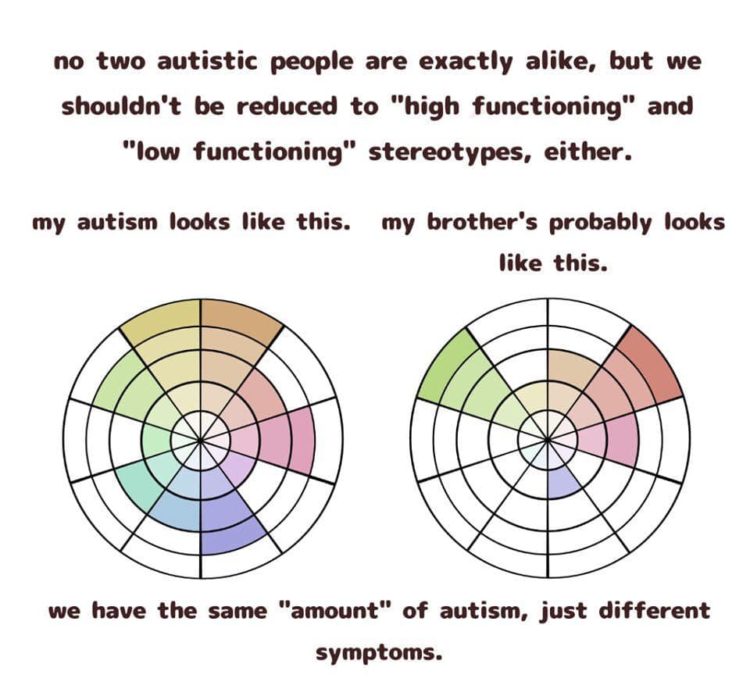 To move from friend to partner status, a teenager or young person with Asperger's needs to understand the art of flirting in order to accurately read the signals of mutual sympathy and not get lost during dates. People with Asperger's do not understand this intuitively. These teens and young adults often ask me, “How can I find a boyfriend/girlfriend?” And this question is not easy to answer. One of the difficulties can be the correct interpretation of someone's intentions. A simple expression of kindness or sympathy can be taken much more seriously than intended. I have had to explain to men with Asperger's that the smile and attention from female flight attendants are just courtesies, not a desire to start a relationship.
To move from friend to partner status, a teenager or young person with Asperger's needs to understand the art of flirting in order to accurately read the signals of mutual sympathy and not get lost during dates. People with Asperger's do not understand this intuitively. These teens and young adults often ask me, “How can I find a boyfriend/girlfriend?” And this question is not easy to answer. One of the difficulties can be the correct interpretation of someone's intentions. A simple expression of kindness or sympathy can be taken much more seriously than intended. I have had to explain to men with Asperger's that the smile and attention from female flight attendants are just courtesies, not a desire to start a relationship.
Despite the relationship problems that most people with Asperger's have, some can develop relationships and form romantic and intimate relationships, even marriage. To achieve this level of relationship, partners need to initially notice the attractive qualities of each other. What is so attractive about a young person with Asperger's Syndrome?
What is so attractive about a young person with Asperger's Syndrome?
Attractive qualities of people with Asperger's syndrome
Men with Asperger's syndrome may have a wide range of qualities that are attractive to a future partner. When I counsel couples in which one or both partners have characteristics or a diagnosis of Asperger's Syndrome, I often ask the neurotypical partner, "What qualities did your partner draw you to when you first met?" Many women describe that a partner with Asperger's syndrome initially impressed them as kind, considerate, but socially or emotionally immature. The term "silent handsome stranger" is often used to describe anyone who seems relatively quiet and likeable. Appearance and attention can become very important, especially if a woman has doubts about her own self-esteem and physical attractiveness. Lack of social and conversational skills lead to the formation of the image of the "mysterious stranger", whose naivety and immaturity the partner can compensate for by becoming an expert in empathy, socialization and communication.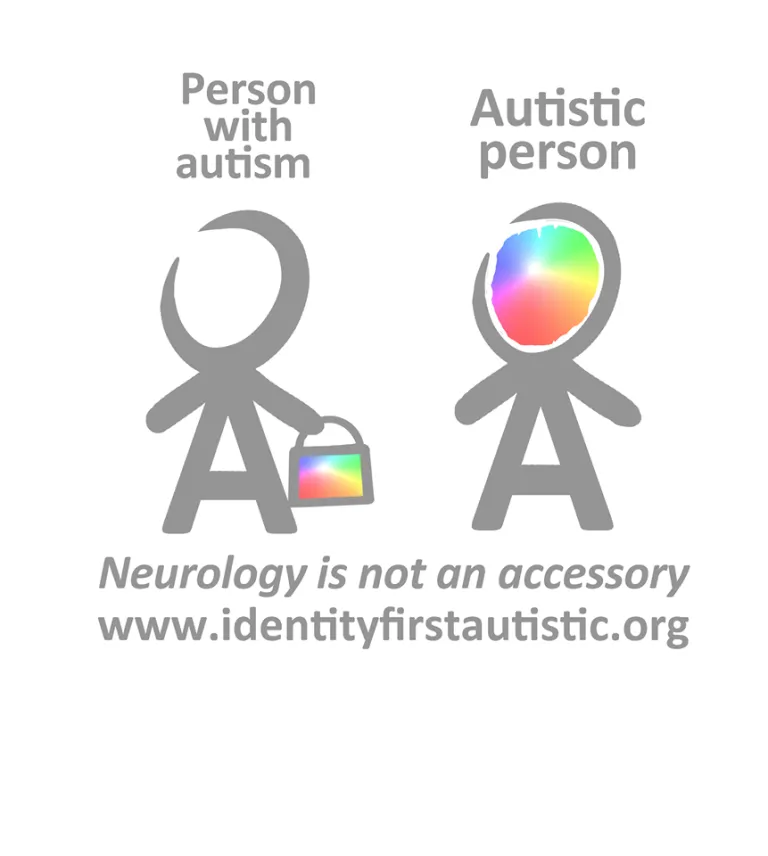
I have noticed that the partners of many men and sometimes women with Asperger's are on the other end of the social and empathic spectrum. On an intuitive level, they are experts in the "model of the mental" (understanding someone else's consciousness), that is, they understand and sympathize with the experiences of other people. They have the gift of seeing the world as it appears to people with Asperger's to a much greater extent than people with average empathy. Being understanding and sympathetic, they help their partner cope with difficulties in social situations. Undoubtedly, adults with Asperger's Syndrome need these traits and want to see them in a potential partner. He or she will actively seek out someone with intuitive social skills, someone who will explain social situations to them, educate them, and care for them. However, while a socially gifted and empathetic partner may be able to understand the experiences of a person with Asperger's Syndrome, that person will have significant difficulty understanding their neurotypical partner.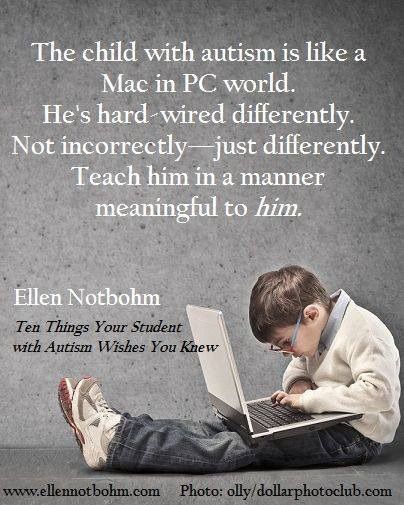
Intellectual abilities, one's own career, and increased attention to one's partner during courtship can make a person with Asperger's syndrome more attractive. Sometimes, however, this attentiveness can be perceived by others as excessive, and words and actions will seem as if they were memorized from Hollywood romantic films. A person can be admired for his straightforwardness, even if his comments hurt other people, because of his strong desire for social justice and clear moral principles. The fact that he may not be "macho" at all or not eager to spend time with other men at sports matches can also be very attractive in the eyes of some women. And the fact that a person with Asperger's syndrome entered into a relationship quite late can also be a plus. He may not have the "baggage" of previous relationships. I have also heard many women say that a partner with Asperger's Syndrome reminds them of their father. The fact that they grew up with a parent with Asperger's traits may also have influenced their choice of partner in adulthood.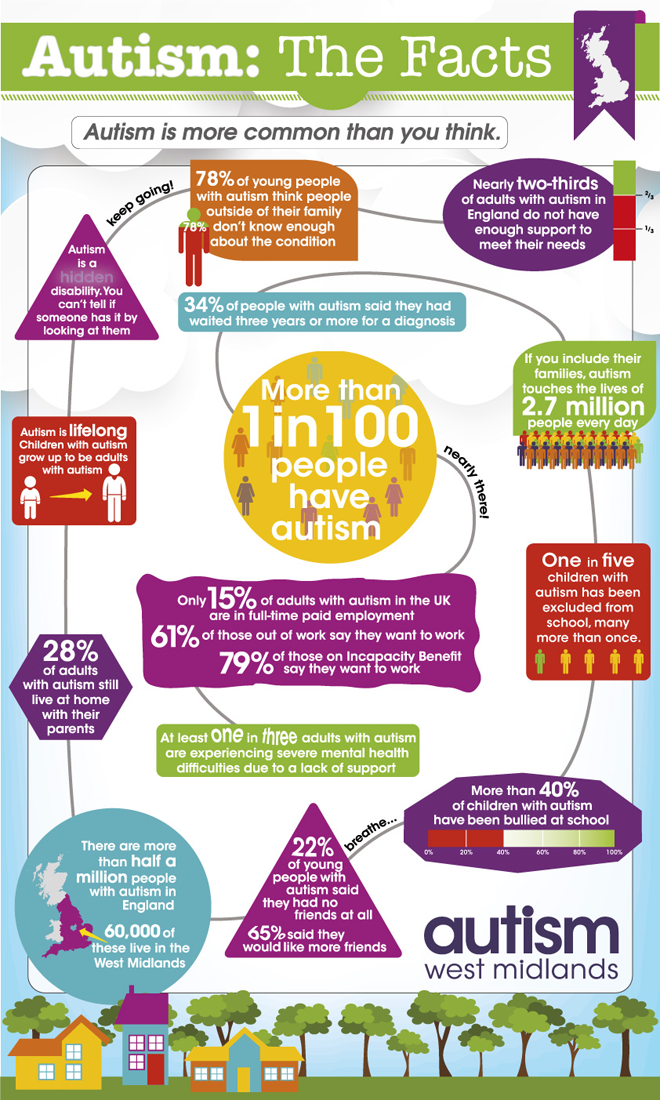
What traits do men find attractive in women with Asperger's syndrome? They may be similar to what women find attractive in men with Asperger's, especially the degree to which they are attentive. The social immaturity of a woman can attract men who are prone to guardianship and compassion. They may admire her beauty or her talents and abilities. Unfortunately, women (and sometimes men) with Asperger's have a hard time assessing a person's character and knowing when a relationship becomes "dangerous." Such women often have low self-esteem, which affects their choice of a partner for a relationship. They may become victims of various forms of violence. As one woman with Asperger's syndrome explained to me, "I had low expectations and as a result I was drawn to violent people."
Strategies to Improve Relationship Skills
People with Asperger's will need help developing relationships at every stage, and possibly throughout their lives. Younger children will need the help of a speech therapist to improve their conversational skills, and an educator or psychologist will help with friendship skills during their school years. Developing these skills should be a priority for an educational institution supporting a child with Asperger's Syndrome or High-Functioning Autism, as positive friendship experiences will increase self-esteem, help avoid bullying from classmates, lay the foundation for developing friendships in the future, and improve teamwork abilities. for more successful employment.
Developing these skills should be a priority for an educational institution supporting a child with Asperger's Syndrome or High-Functioning Autism, as positive friendship experiences will increase self-esteem, help avoid bullying from classmates, lay the foundation for developing friendships in the future, and improve teamwork abilities. for more successful employment.
Adolescents will need truthful information about attractiveness, courtship and sexuality. While such information is readily available to typical adolescents (most often from parents, friends, and personal experiences), adolescents with Asperger's Syndrome may have difficulty obtaining it. Lack of peer help, adult information and practice will hinder the acquisition of relationship development skills. Fortunately, we now have special relationship and sexuality education programs designed specifically for teens and young people with Asperger's Syndrome that include the opportunity to get advice from a peer with the same syndrome. Several doctors and therapists in Australia are developing relationship skills training materials for adolescents and young people with Asperger's Syndrome. Such training will include everything from dating rules and a sense of style to ways to recognize and avoid dangerous partners. A valuable strategy here can be to meet socially receptive friends or relatives with a potential partner to determine if they are a good person before starting a relationship.
Young people will need support and opportunities to meet new people. Here you can offer to do something or join an interest group related to their own special passion, for example, take part in Star Trek or Doctor Who fan meetings, or apply their talents, say, to taking care of animals. and join an animal welfare group. There are also opportunities to make new friends at community events, such as a local choir or adult education courses. Local support groups for parents of children with Asperger's have also established support groups for young people with Asperger's. In this case, specialists can come to the group and hold a group discussion or give advice. Such groups can provide an opportunity for the development of relationships between members of the group. The relationship between Jerry and Mary, two people with Asperger's who met at a support group in Los Angeles, has been the subject of a book and film (Crazy in Love). Some people with Asperger's Syndrome use the Internet and dating agencies to get to know someone, but this method of dating can also be used by dangerous partners, so you need to take into account the high risk when using this dating strategy.
I have noticed that adults who had prominent signs of autism in childhood (significant language delay, learning difficulties, avoidance of social situations) but progressed to high-functioning autism later in life have much less desire to develop long-term relationships. Most likely, they will be content with loneliness and will not maintain sexual relations, preferring superficial acquaintances to friendship. A sense of self-identity and self-worth in such people is achieved through a successful career and an independent life. Temple Grandin is a good example of this. Some adults with Asperger's also choose not to form close relationships for reasons that seem logical given the traits associated with the syndrome.
Jennifer explains her decision: “How can I live in the same house with a person who can touch my collection of model airplanes?” And so: "Airplane models do not want to be designed by someone else, even if it is more attractive or less dependent." However, she is quite satisfied with her life. She says, "I can assure you that falling in love and special interests are about the same feeling." For some people with Asperger's or high-functioning autism, giving up romantic relationships may be the right choice if they enjoy and fully devote themselves to their special interests, such as wildlife photography or a career in information technology. They don't fit the cultural mold that marriage and long-term relationships are the only way to achieve happiness.
Future Research Perspectives
We know that people with Asperger's have significant difficulties developing relationships, but there is not enough research to provide us with qualitative and quantitative data about their relationship abilities, circumstances, and experiences. A study has recently been published on the ability to maintain friendships in children with Asperger's syndrome, but there is very little research on adolescent relationships and sexuality. Dr. Isabelle Henault of Montreal is conducting a study with me on the sexual profile of people with Asperger's syndrome, and preliminary results show that this profile differs from that of ordinary people due to less sexual experience, although they develop sexual interest in the same period, which and their adolescent peers. They may also have a more relaxed attitude towards sexual diversity, such as homosexuality and bisexuality, and a rich sexual fantasy. They may be less concerned about the partner's age and cultural differences. However, further research is needed, and the Autism Interactive Network database may be useful in providing information on the romantic relationships of adolescents and young adults with Asperger's and high-functioning autism.
Thanks to Tamara Solomatina for the translation.
Autism in adults, Asperger Syndrome, Social skills
Four myths about autism, which are longing to dispel
- Steve Silberman
- for BBC Future
Sign up for our mailing list ”: it will help you sort things out.
Image copyright Getty
The four misconceptions about autism described below need to be dispelled, the author believes BBC Future who wrote the book "Neurotribes. A legacy of autism and a smarter approach to people whose minds are different" .
The history of autism is partly the history of myths: postulated under the guise of scientific facts by medical experts, shaping public attitudes towards this extremely complex disease, and ultimately debunked by subsequent research.
We have been going through this vicious circle of myth-making for decades - often with devastating consequences for the lives of autistic people and their families.
(More BBC Future articles in Russian)
One of the first such myths was spread by child psychiatrist Leo Kanner, the man who credits himself with the first description of childhood autism.
When I was writing a book "NeuroTribes" then discovered that Kanner was a rather ambiguous personality.
To begin with, his claim that he, in fact, discovered autism, is groundless - his predecessors deserve this glory.
In addition, Kanner was wrong on several other important points. In an article published in Time magazine at 1948, he accused the parents of his patients that the lack of proper love and care on their part led to the development of autism in their children.
This image of the "refrigerator mother" became firmly established in the public consciousness - as a result, two generations of autistic children were placed in clinics where they were subjected to cruel punishments, imprisonment and ruthless experimental "treatment".
Today we know that Kanner's claims about "cold" mothers have no evidence.
However, other equally pernicious autism-related myths persist in society—they misallocate meager research funds, play a role in the formulation of misguided social policies, deplete the resources of affected families, and distort the public image about autists.
Here are four of the most harmful myths about autism that absolutely need to be dispelled.
Myth 1: Autism used to be less common than it is now
Skip Podcast and continue reading.
Podcast
What was that?
We quickly, simply and clearly explain what happened, why it's important and what's next.
episodes
The End of History Podcast
Internet forums for new mothers are full of variations on the well-known horror story, according to which in 1970 the incidence of autism among American schoolchildren was one in 10 thousand people, and now it is one case in 68 people .
Some parents and activists mistakenly blame this on vaccination, citing a 1998 study by gastroenterologist Andrew Wakefield, who suggested a link between the measles, mumps, and rubella vaccine and a bowel disorder dubbed autistic enterocolitis.
There is no scientific data in favor of the Wakefield hypothesis - the co-authors of the article in which it was put forward subsequently abandoned this point of view, and the Lancet magazine, which published the material, later apologized to readers.
In fact, the main reason for the dramatic increase in autism in recent decades is that more children, adolescents and adults are being diagnosed.
Photo copyright, Getty
Photo caption,There is no scientific evidence to support the claim that autism has increased in recent years. The disease was described very narrowly, so it was mistakenly thought of as a fairly rare occurrence - not least because of Kanner.
Kanner sought to avoid blurring the signs of the syndrome, of which he considered himself the discoverer, and therefore opposed making such a diagnosis to children if the symptoms were even slightly different from those described by him in 1943.
Once he even admitted that he made only one out of 10 children referred to him for a consultation is diagnosed with autism.
In the United States, this practice meant that until the late 1980s, parents often had to see their child for nine or ten specialists before they were diagnosed with autism.
Not all members of the working class and racial minorities could afford such expenses. And girls with autism were ignored by psychiatrists until the end of the last century.
It is noteworthy that in the end, the mother of a seriously autistic girl, the British psychiatrist Lorna Wing, now deceased, was able to overcome Kanner's influence on the interpretation of the diagnosis.
In the late 1980s, she introduced the concept of a continuum of autistic disorders to the psychiatric community (later the word "continuum" was replaced by "spectrum"), and shortly thereafter, the concept of Asperger's syndrome.
Image copyright, Getty
Image caption,Some researchers are too preoccupied with looking for external causes of autism, such as vaccinations
Both new terms gained huge popularity in clinical psychiatry, as they reflected the variety of conditions observed in patients much better than the restricted Kanner model.
Wing et al. also made it clear that autism is a lifelong developmental disorder and not the rare early childhood psychosis that Kanner thought it was.
When I interviewed Wing for my book in 2011 at the autism center that bears her name in the London suburb of Bromley, she said that after the acceptance of the concept of the autism spectrum disorder by the scientific community, the increase in diagnosed cases of autism was to be expected.
In addition, she categorically denied the connection of autism with vaccination: "It is purely a matter of diagnosis."
However, in recent years, a significant amount of research, supported by grants from US organizations such as the National Institutes of Health, is devoted to the search for potential external factors in the development of autism (as if this disease were a by-product of life in the modern world).
While the needs of patients and their families for better medical care, affordable housing and employment are not given due attention.
In this sense, America has a lot to learn from the British National Autism Society, which spends the lion's share of its budget on improving the quality of life of autistic people and their loved ones.
Myth 2: People with autism lack empathy
Previously, in the medical literature and in the media, autistic people were often portrayed as emotionless robots incapable of empathy - like sociopaths.
One of the first newspaper articles on Asperger's Syndrome, published in 1990, described the disease as "a disease of people incapable of feelings", and called the patients themselves "cruel" and "heartless".
In fact, people with autism are often very worried about the feelings of others - sometimes so much that it paralyzes their will.
But they have difficulty recognizing the non-verbal cues from others—the subtle changes in facial expressions, body language, and tone of voice—that "neurotypical" (i. e., "normal") people use to inform each other of their current emotional state.
The assumption that autistic people are allegedly devoid of empathy continues to be the cause of unjustifiably cruel attitude towards patients on the part of society, including in the form of unfounded statements by public figures.
Image copyright, Getty
Image caption,Recently, more and more doctors have criticized attempts to make autistic children behave "normally"
many serial killers.It would be correct to say that both autistic and non-autistic people have difficulty seeing the world through each other's eyes.
The use of "social stories" - visualization of situations of interpersonal communication - can accelerate the learning process of children with autistic disorders; neurotypical people, in turn, can better understand autistic people by spending more time with them outside of clinics, in conditions of minimal sensory input.
Empathy is a two-way street.
Myth 3: Make autistic children behave "normally"
can be made "indistinguishable" from healthy peers as a result of many years of intensive work to change their behavior in the course of individual lessons.
Lovaas's program, known as Applied Behavior Analysis, is still the world's most widely used method of early intervention for autism.
However, there are a number of problems with this method - to begin with, most families simply cannot afford (neither financially nor logistically) Lovaas' proposed "total immersion" program, which requires the participation of "all the people important to the patient in all significant life situations."
(Practitioners of this method now recommend 40 hours of this therapy per week, but even this is beyond the capacity of most parents without significant outside help.)
In addition, Lovaas exaggerated the success of his technique. His former colleague Kristin Lord, a leading researcher in the field of autism, later said that his claims about the successful return of patients to "normal functioning", circulated by the press, "do not correspond to what happened in reality, and cannot be used as a scientific proof".
Moreover, some adults with autism, recalling being forced to copy the behavior of normal peers as children, say that this traumatic experience turned into a lifelong sense of anxiety for them.
Image copyright, Getty
Image caption,Autism must be seen as a serious disorder that affects all aspects of the patient's life
Julia Bascom writes in her memoirs: "As a child, I suffered from autism. And for an autistic person, the worst thing is not being mistreated by others , but therapy.
Barry Prizant, co-author of an alternative learning model for autistic children, has recently published a book in which he urges parents and clinicians to consider "autistic" behavior in an autistic child (such as arm waving and echolalia - repeating other people's words) not as a sign of pathology, but as a strategy for adapting to an environment that looks chaotic, unpredictable and frightening.
The problem with trying to get a child to copy the behavior of ordinary peers is that "the patient is treated as a problem to be solved, not as a person to be understood," notes Prizant.
Such therapy often even worsens the patient's condition: "It is much more useful to try to understand what exactly is the cause of such behavior."
In trying to understand why a child is behaving in a certain way, parents and clinicians can learn to identify the causes of changes in their emotional state (which may well be such banal irritants as a rubbing collar or the sound of a malfunctioning fluorescent lamp) and, if possible, mitigate their impact.
This can lead to long-term changes in the patient's behavior, as well as help to identify the child's abilities and difficulties to deal with.
Myth 4: We fashionably diagnose eccentric children too often
The problem with Lorna Wing's concept of the spectrum, by her own admission, is that it "blurs the line between disorder and normal eccentricity. "
In other words, each of the symptoms exhibited by autistic people is, to one degree or another, inherent in non-autistic people.
Autistic people are characterized by self-stimulation, or stimming (repetitive movements), while neurotypical people are characterized by fussy movements.
Autistic people have fixations and obsessions, neurotypical people have hobbies and passions.
Autistic people have "sensory sensitivity" (including increased irritability when in contact with a number of materials) - a neurotypical person may simply not like polyester clothing.
In other words, there is a huge gray area between autism and its absence. (One of Wing's favorite sayings was that of British politician Winston Churchill: "Nature never draws sharp lines without blurring them first.")
Researchers have even coined a term for this border zone: the broad autism phenotype.
However, for the most part, people who fall under this definition are simply considered eccentrics in everyday life - like that person in a pub, bothering his interlocutors with a detailed story about the course of some historical battle, or a Goth girl who adores her cat and recites pieces of dialogue by heart from your favorite sci-fi TV series.
Lately, hipsters' favorite pastime has been labeling autistic "geeks" who have achieved fame. Did Apple co-founder Steve Jobs suffer from a similar disorder? And what about the superhuman performance of Yahoo CEO Marissa Mayer?
American comedian Jerome Seinfeld, for example, diagnosed himself with autism after watching the Broadway production of The Curious Incident of the Dog in the Night-time, based on the British novel of the same name, where the story is told from the perspective of an autistic boy ( True, Seinfeld soon hurriedly retracted his words).
And herein lies the problem: if billionaires like Mayer or Facebook founder Mark Zuckerberg really have autism, and one of America's most famous comedians finds symptoms of this disease himself, why is it that a huge number of autistic adults still have difficulty make ends meet?
Image copyright, Getty
Image caption,There's a huge gray area between autism and the absence of it
Why do parents of children with autism say they constantly lack the resources to help their child find a job and adjust to an independent life? Is autism a functional disorder and not just "different from others"?
The fact of the matter is that autism is precisely a disorder.

